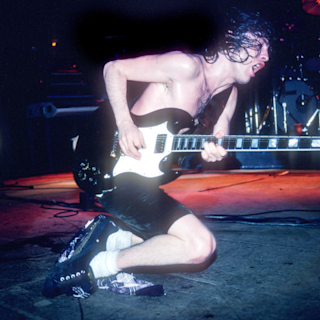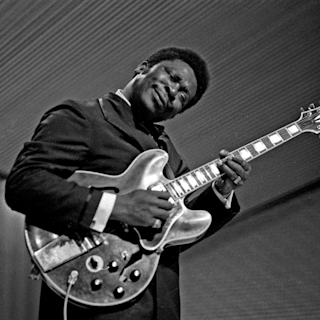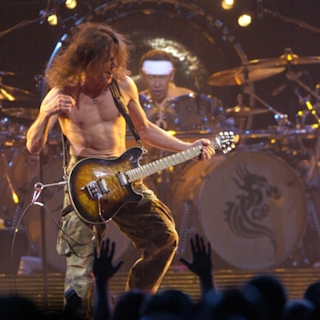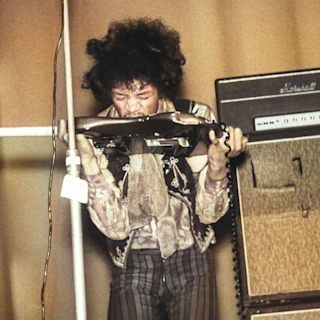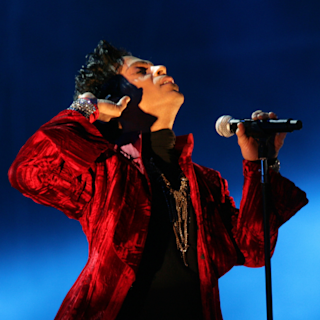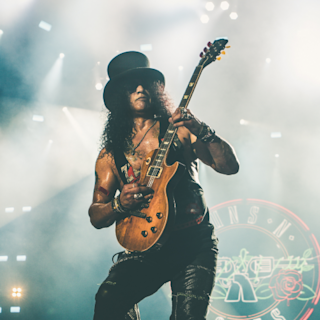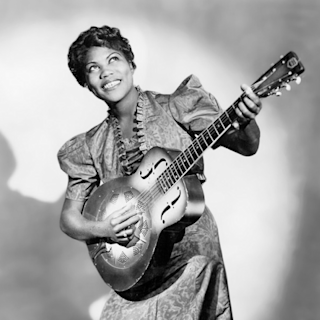GUITAR HEROES
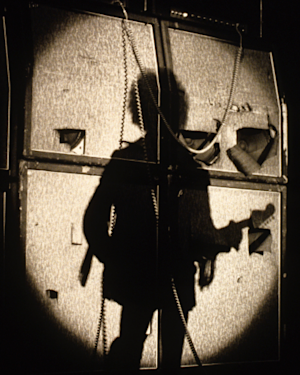
From B.B. King and Slash to Joan Jett and Yvette Young, an array of genre-defining guitarists have led us to where we are today. In our Guitar Heroes series, we delve into the backgrounds of both established and emerging guitarists, exploring their distinct playing styles, techniques, and standout qualities, and discussing what we can learn from them to enhance our playing.
9 items
